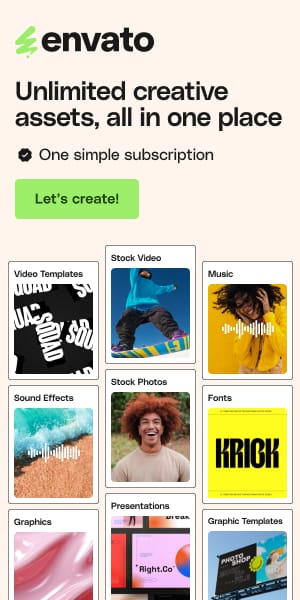How to Optimise Your Site to Improve User Experience
Focus on User Experience
As the user feedback begins to help Google in ranking websites, providing users with the best possible experience when using a website has never been more important. The modern website visitor is unforgiving, and both time and patience are growing increasingly rare. If a website is not immediately effective in its design, fast in its load time, and suitable for Smartphone browsing, users are likely to leave, never to return again.
See also : Inspiring Product Pages that Will Help Your Ecommerce in 2014
Image credit: http://usabilitygeek.com/user-experience/
The Increasing Use of Smartphones
If someone visiting a website is unforgiving too slow or poorly designed websites, then the average Smartphone user is doubly so. In most cases, the use of the Smartphone for website browsing occurs whilst out of the home environment, meaning that both time and attention are in short supply. Amongst the biggest complaints of Smartphone users is the wish to eliminate render-blocking JavaScript and CSS in above-the-fold content.
Other negative feedbacks include the need to optimise the overall quality of images in order to match the experience of computer users as closely as possible. Even more logistical problems are affecting users such as implementing the correct button sizes for touch screen devices or the need for pages to be practical to use, as well as visually pleasing.
Page Load Time
A slow loading site inevitably leads to a massive increase in bounce rate; there are simply too many alternatives with much better visitor experience to wait around for a heavy page. Websites that have focused their energy on decreasing page loading times have noticed a direct improvement in page hits as a result, showing that speed of use is a legitimate and significant concern amongst site visitors.
Image Credit: http://www.webseotrix.net
Research from Gomez indicates that the difference in people giving up on a web page taking two seconds or three seconds to load can be as much as 40%. Similarly, Amazon and Google have publicly stated a direct and consistent link between slower web page loading and visitor dissatisfaction. A website should never sacrifice loading speed for content, as it is almost impossible to get a person to come back to a website they have previously abandoned for being too slow.
Website Design
Content is, and always will be, king. Firstly, the readability of a web page must be perfected. The size and font of a website’s text, as well as its ease of comprehension will greatly contribute to improving the user experience. A professional website design will immediately keep visitors longer than a page designed by an inexperienced designer. Various web tools provide services to test the readability of a website, with those created by a web design company or a content writing agency always proving to be popular. As well as easily readable, a website must be instantly and comprehensively accessible. Broken links and poor navigation will only serve to make a website look amateurish and unmonitored, which will drive people away quickly.
The implementation of advertising involves getting a fine balance between subtlety and loading order, as few things drive users away faster than adverts loading prior to the page itself. Prioritising the content that has already drawn people into the site will ensure a level of understanding for adverts, as long as they are always secondary to the page itself.













